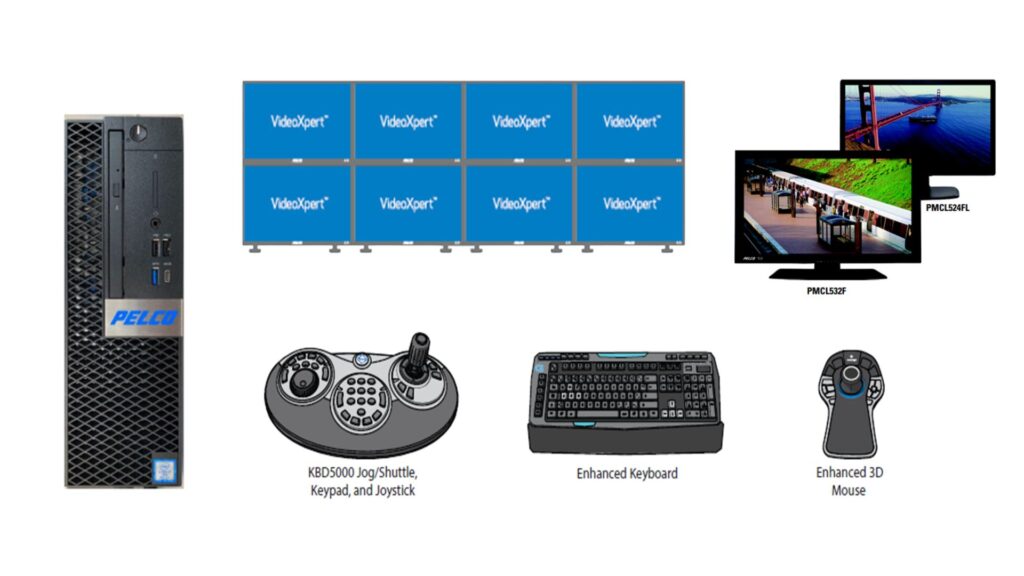Backup systems in industrial security, provide a safety net against unforeseen incidents and enable swift recovery.
In industrial operations, where efficiency, productivity, and safety are paramount, the importance of robust security measures cannot be overstated. In recent years, as industrial systems become increasingly interconnected and digitized, the vulnerability to cyber threats has grown significantly
The Growing Imperative of Industrial Security
Industrial facilities, ranging from manufacturing plants to energy production centers, rely heavily on complex networks of machinery and systems to function seamlessly. These environments are prime targets for malicious actors seeking to disrupt operations, steal sensitive data, or cause physical harm. With the rise of interconnectedness brought about by the Industrial Internet of Things (IIoT) and Industry 4.0 initiatives, the potential attack surface has expanded, necessitating a proactive approach to security.
Understanding the Vulnerabilities
The integration of digital technologies into industrial environments has introduced new vulnerabilities. From outdated legacy systems lacking modern security protocols to the reliance on third-party software and cloud services, there are numerous entry points for cyber threats. Moreover, the convergence of operational technology (OT) and information technology (IT) systems blurs traditional boundaries, presenting challenges in maintaining comprehensive security measures.
Mitigating Risks with Backup Systems
Backup systems play a crucial role in mitigating risks associated with cyber threats and operational disruptions. By creating redundant copies of critical data, software, and configurations, organizations can minimize the impact of cyber attacks, system failures, or natural disasters. These backup systems serve as a fail-safe mechanism, enabling swift recovery and continuity of operations in the event of an incident.

Key Benefits of Backup Systems in Industrial Security
Resilience Against Cyber Attacks
In the face of ransomware, malware, or other cyber threats, backup systems provide a means to restore operations to a pre-incident state, reducing downtime and minimizing financial losses.
Disaster Recovery Preparedness
Natural disasters such as floods, fires, or earthquakes can wreak havoc on industrial facilities. Backup systems ensure that critical data and configurations are safeguarded, facilitating rapid recovery and continuity of operations.
Compliance and Regulatory Requirements
Many industries are subject to stringent regulatory frameworks mandating data protection and continuity planning. Implementing robust backup systems not only helps organizations meet compliance requirements but also enhances overall security posture.
Preservation of Intellectual Property
Industrial organizations invest heavily in research, development, and proprietary technologies. Backup systems safeguard intellectual property by providing redundant copies of valuable data and software assets.
Best Practices for Implementing Backup Systems
Regular Data Backups
Establish a schedule for frequent backups of critical data and configurations, ensuring that backups are stored securely and accessible in the event of an incident.
Testing and Validation
Periodically test backup systems to verify their effectiveness and integrity. Conducting mock recovery drills helps identify potential weaknesses and fine-tune recovery procedures.
Encryption and Access Controls
Employ encryption techniques and access controls to protect backup data from unauthorized access or tampering. Limit access to backup systems to authorized personnel only.
Offsite Storage and Redundancy
Store backup copies in geographically diverse locations to mitigate the risk of localized disasters. Implement redundancy across multiple backup systems to further enhance resilience.
Get the Right Security Solution
In an era defined by digital transformation and interconnectedness, safeguarding industrial operations against cyber threats and disruptions is paramount. Vivo Asia has over 10 years of experience in providing security and cybersecurity solutions in an industrial setting.


